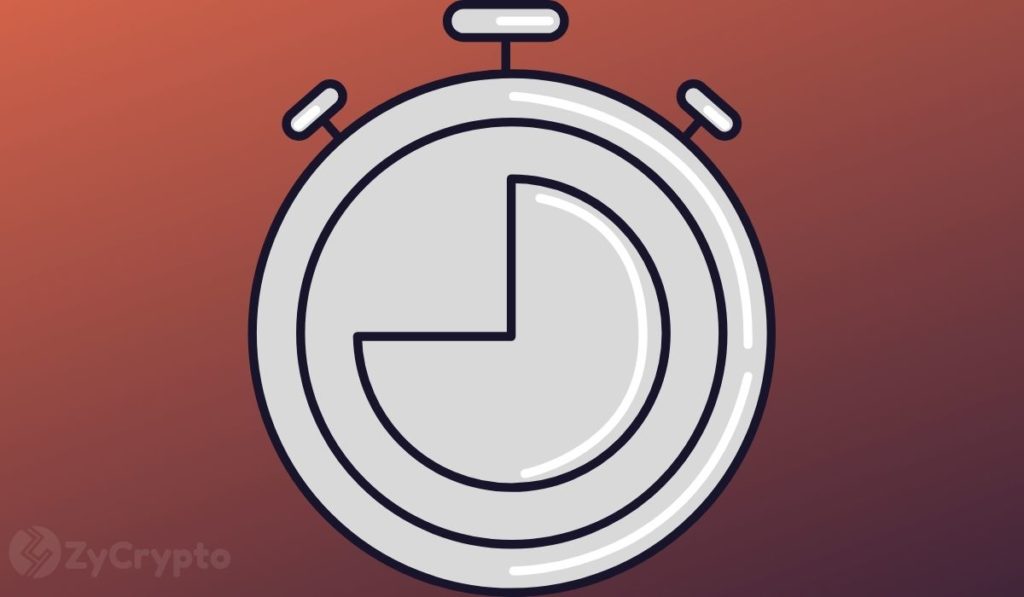
The Indian cryptocurrency market is not on the verge of breaking down following yesterday’s announcement that a bill that limits crypto usage will be introduced in parliament later this month. Nischal Shetty who is the Founder and CEO of one of the largest Indian-based cryptocurrency exchanges WazirX has spoken about the fears arising from this announcement saying that the Indian crypto market is already blossoming and will be hard to eliminate.
“This is not the end but the beginning of crypto regulations in India. The industry has had the opportunity to present. Lawmakers understand the growing market.”
There has been a huge panic because the upcoming bill will reportedly ban all privately issued cryptocurrencies “with some exceptions” of blockchain technology.
“The Bill also seeks to prohibit all private cryptocurrencies in India, however, it allows for certain exceptions to promote the underlying technology of cryptocurrency and its uses,” it reads in parts.
Shetty called on people to not panic about the matter. Several other industry stakeholders in the country have called the listed Cryptocurrency and Regulation of Official Digital Currency Bill as one that would cause industry disruption.
According to the CEO, over 15 million people own crypto in the country. The industry has been growing at a faster rate since the 2016 demonetization by the government. Shetty said instead of banning crypto, there are better ways of reducing the usage of them in crime while at the same time promoting innovation.
The details of the to-be-introduced bill remained scanty but according to the listing, it is understood as crucial in laying the foundation to limit the usage of private cryptocurrencies by the government to promote usage of a national central bank-issued digital currency to be introduced by the end of this year according to a Central Bank announcement back in June.
“To create a facilitative framework for the creation of the official digital currency to be issued by the Reserve Bank of India,” it reads.
The announcement has led to further confusion because a parliamentary panel met last weekend to discuss crypto matters and agreed with industry experts and stakeholders that banning crypto entirely was not an option but regulation was the way forward.
Prime Minister Narendra Modi last week raised concerns that crypto was being used in money laundering and crime, and that it could “spoil youths” – possibly via scams and pyramid schemes, if it ended in the wrong hands, pointing to a possible regulation than a total ban.
The new development also signifies that the silent tussle between the central bank and the crypto industry is far from over since the Supreme Court overturned a decision by the bank to ban crypto transactions back in 2018.





















